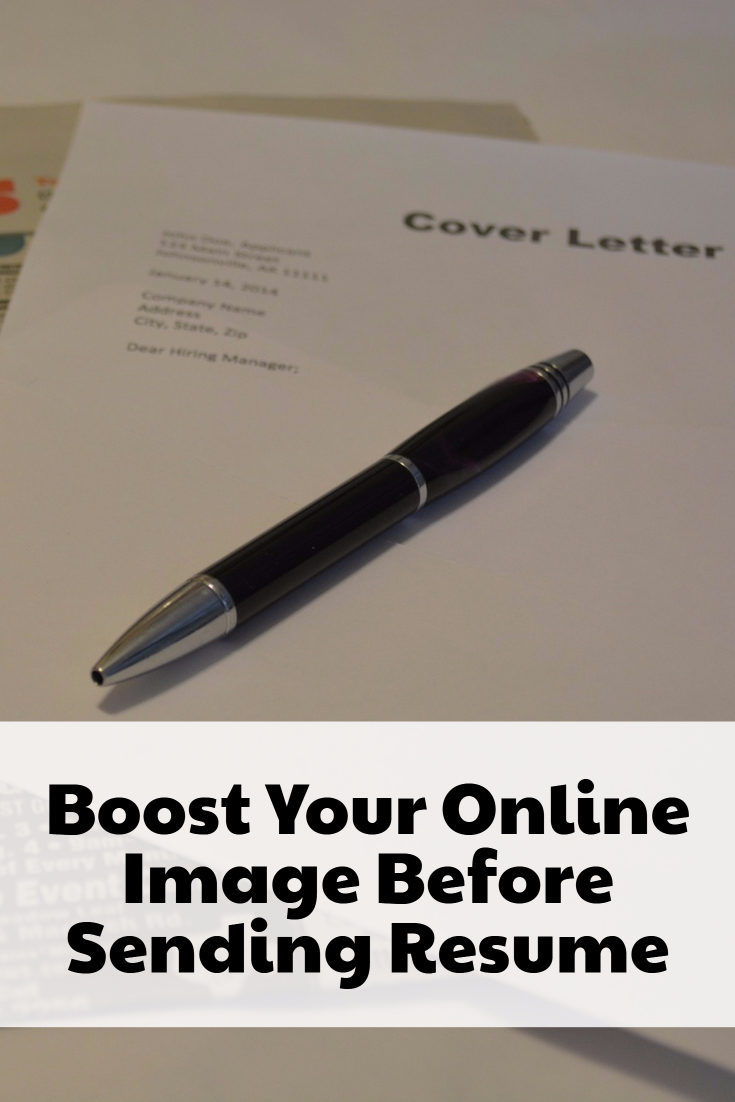Disclosure: This post may contain affiliate links, meaning we get a commission if you decide to make a purchase through our links, at no cost to you. Please read our disclosure for more info.
Last Updated on May 3, 2023 by Work In My Pajamas
If you finished crafting your resume, and are about to click the Send button – stop!
Nothing shows recruiters that you’re the right fit for the job better than a resume, but remember that this is just the beginning.
Once your resume grabs a recruiter’s attention, they’ll be interested to find out more about you. That’s why it’s now important to consider adding a hobbies and interests section to your resume.
And that’s also why you need to be conscious that they’re likely to Google your name and check your social media profiles.
You wouldn’t want them to find out something that could change their mind about you, right? If your LinkedIn profile looks sad and empty, or your social media contains some inappropriate content, get ready to say goodbye to job interviews.
Even if your resume is stellar, you won’t be able to recover from bad online reputation.
Here are 5 simple steps to help you polish your online presence and significantly improve your chances at getting more job interviews.
How To Boost Your Online Image Before Sending A Resume
1. Be Present on the Web, Here’s Why
If you manage to capture a recruiter’s attention during the average 6 seconds they spend reading your resume, you can be sure that their next step will be to check you online.
In case you’ve been wondering, 94 percent of recruiters check candidates’ online profiles during screening. They’ll have a look at your social media profiles, browse your LinkedIn connections, and check what pops up in search engines.
You might be tempted to play it safe and set all your profiles to private. Sure, no recruiter will never be able to learn more about you – but at least they won’t discover any compromising information, right? That is a huge mistake.
It’s incredibly risky to disappear from the web. Don’t forget that recruiters screen you online because they want to determine whether you’re the right match for the position, not because they want to unveil your weaknesses.
If they can’t learn anything about your personal brand, they’ll abandon their search and probably forget about you altogether. A survey from CareerBuilder demonstrated that over 30 percent of employers are less likely to invite a candidate to a job interview if their names don’t pop up in search engines.
Own your online presence, and make sure that you’re easy to find.
Share a link to your LinkedIn profile. That’s how you show to recruiters that you know how to build your personal brand.
2. Take a Second Look at Your Posting History
Now that you know that your online presence matters, it’s time to transform it into an advantage for your job hunt.
Review your posting history and make sure that the displayed content accurately reflects your personal brand and demonstrates your engagement with the industry.
Don’t hesitate to delete posts that interfere with your online reputation. Instead of hiding them, remove these posts permanently. A connection that has access to this content might take a screenshot, post it for everyone to see, and tag it with your name.
If you’re using Twitter, you can easily set your profile to a private mode. But remember that other users will still be able to quote you.
Before posting anything, double check whether it might affect the kind of online image you’re building and you’ll be on the safe side.
3. Pick the Right Privacy Settings
Take a closer look at the privacy settings of your social media profiles. They allow you to restrict the accessibility of information to particular users and affect the searchability of your profile.
Keep up with the latest privacy policy updates, and be smart when choosing your settings. Your profiles should be visible to recruiters, but you can restrict such users to view only specific sections.
4. Clean Your Google Search Results
Type your name into Google. Do you see any results that threaten to compromise your personal brand? No need to panic – you can ask Google to remove certain kinds of information.
Have a look here to follow a simple procedure and remove unwanted mentions from the search results. Don’t forget to check Google Images as well. If you spot some questionable images, you can remove them following a different procedure.
Other search engines such as Bing or DuckDuckGo have feedback forms where you can submit takedown requests for non-legal reasons as well.
5. Tell the Same Story in Your Resume and Online Profiles
Don’t forget that recruiters will have your resume in front of them while checking you online. Make sure that every element in your professional story is verifiable.
Your personal website or online profiles should only confirm the data included in your resume. When viewed against each other, your resume and online reputation should blend into a consistent professional image.
Carefully check all critical facts and dates. In your application, you’re making promises about your expertise – use online profiles to show that you’re able to deliver them. If you present yourself as a talented graphic designer, create a captivating online portfolio to prove your skills.
Every time you apply for a job, take a second look at your resume, tailor it to fit the offer, and make sure that it tells the same story as your online profiles.
6. Optimize Your LinkedIn Profile, Here’s How
As the largest professional community in the world, LinkedIn is a top online location for your profile.
Recruiters frequently use it to check candidates, and you can take your personal branding to the next level thanks to an array of LinkedIn functionalities such as recommendations, endorsements, professional summaries, or blog entries..
Here are some tips to help you optimize your LinkedIn profile:
- Write an attention-grabbing headline. It’s right next to your name, so use it to attract recruiters and stand out from similar candidates.
- Customize your profile URL to display your name instead of a string of random numbers. Recruiters will be more enticed to click on it.
- Show off your professional network and add social proof of your skills with endorsements and recommendations. Ask your colleagues and supervisors to write this type of feedback for you and reciprocate. Your recommendations should be succinct, on-point, and full of relevant details. Always remember to refer to projects in which you participated.
Optimize your profile and you’ll gain a significant competitive advantage over candidates who didn’t care enough to craft their online presence.
Key Takeaway
A successful job application starts with a well-crafted resume and strong cover letter. But that’s not the end of it.
If you want to make a great impression on recruiters, develop a strong personal brand online that demonstrates that you’re a professional aware of the role reputation plays in recruitment.
Clean up your online presence before sending in your resume to an employer. That is how you take control of your reputation and get closer to landing your dream job.
Image Source: Flickr



